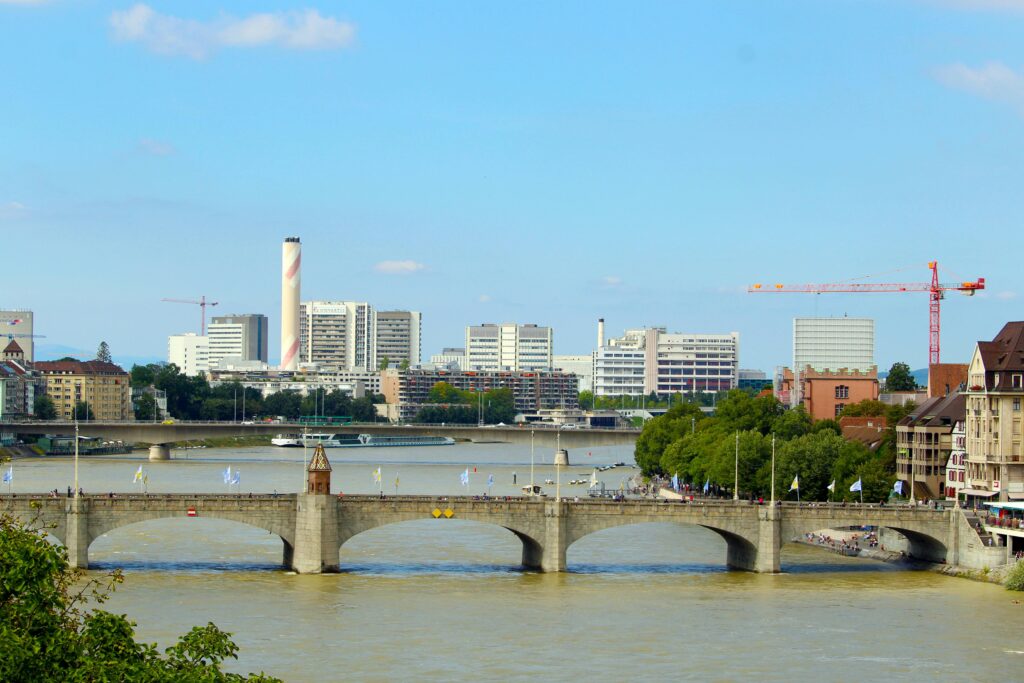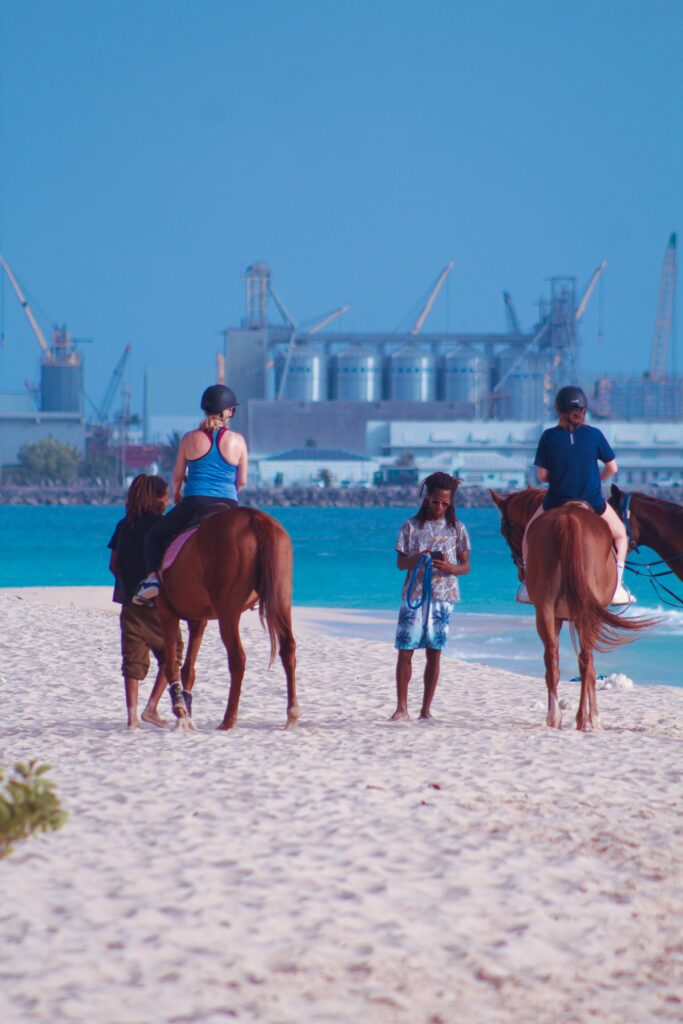Facing a dramatic decline in international tourist arrivals and ongoing economic hardship, Cuba is turning east—toward China—in a strategic move to revive its once-vibrant tourism industry. With Western travel still constrained by sanctions and geopolitical tensions, Havana hopes to capitalize on its longstanding relationship with Beijing to attract Chinese tourists, investments, and logistical support for a sputtering sector that once contributed over 10% of the nation’s GDP.

A Tourism Industry in Crisis
Once a crown jewel of the Caribbean, Cuba’s tourism sector has been battered by:
- U.S. Sanctions: Restrictions on American travelers and financial institutions have slashed one of its historically largest visitor groups.
- Pandemic Fallout: COVID-19 effectively shut down Cuba’s tourism pipeline in 2020–2021.
- Infrastructure Challenges: Aging hotels, limited internet access, fuel shortages, and deteriorating public transport have further weakened Cuba’s global appeal.
- Geopolitical Isolation: Russia’s invasion of Ukraine has limited European travel and strained Cuba’s ties with key allies.
In 2024, Cuba welcomed fewer than 2.5 million visitors—well below the 4+ million pre-pandemic levels. Revenue from tourism is down sharply, impacting employment, foreign exchange reserves, and funding for social programs.
China’s Growing Role in Cuban Recovery
Strategic Collaboration:
Cuba is actively courting Chinese tour operators, airlines, and digital travel platforms to build promotional campaigns, create direct flight routes, and offer all-inclusive travel packages geared specifically toward Chinese travelers. This includes Mandarin-language services, Chinese cuisine options, and mobile-payment compatibility with platforms like WeChat Pay and Alipay.
Government Agreements:
Recent high-level meetings between Cuban and Chinese officials have laid the groundwork for bilateral tourism accords. These agreements aim to:
- Increase weekly flights from Beijing and Shanghai to Havana.
- Develop joint ventures in hotel management and construction.
- Facilitate streamlined visa processing for group travel.
- Promote Cuba in China’s state-supported outbound tourism campaigns.
Economic Support:
China may also provide financing for hotel refurbishments, transport modernization, and digital infrastructure to bring Cuba’s tourism ecosystem up to 21st-century standards.
Why China?
- Outbound Market Size: China remains the world’s largest outbound tourism market, with over 150 million trips taken abroad in 2019.
- Geopolitical Alignment: Both nations share strong socialist ties and a history of diplomatic support.
- Travel Diversification: Chinese tourists are increasingly seeking destinations that offer cultural authenticity and low crowd density—areas where Cuba excels.
Challenges Ahead
Despite the optimism, barriers remain:
- Logistics & Language: Long flight times, lack of Mandarin-speaking guides, and limited mobile connectivity could deter Chinese visitors.
- Payment Systems: Most Chinese travelers rely on mobile payments not widely supported in Cuba.
- Marketing Gap: Cuba lacks strong brand recognition in the Chinese travel market compared to competitors like Thailand or the Maldives.

Broader Implications
If successful, Cuba’s pivot toward China could:
- Reduce dependence on Western tourism markets
- Strengthen Beijing’s soft power in the Caribbean
- Set a model for other sanctioned or economically challenged countries to partner with China for tourism-based growth
Frequently Asked Questions
Q: Why is Cuba targeting Chinese tourists?
A: Due to geopolitical restrictions and declining Western visits, Cuba sees Chinese tourists as a high-spending and fast-growing market that could fill the gap.
Q: What kinds of support is China offering?
A: Possible initiatives include financial aid, promotional campaigns, digital infrastructure upgrades, and joint hotel ventures.
Q: Are there direct flights between China and Cuba?
A: Currently limited, but new routes are under negotiation as part of expanded tourism agreements.
Q: What makes Cuba appealing to Chinese travelers?
A: Cuba offers unique cultural heritage, revolutionary history, scenic beaches, and a safe, low-crime environment—elements that appeal to Chinese travel preferences.
Q: What are the main obstacles to this plan?
A: Infrastructure, language barriers, payment systems, and long travel distances remain significant hurdles.

Cuba’s strategy to revitalize its tourism economy with help from China is ambitious, but not without precedent. As Havana bets on Beijing’s outbound tourism machine, the outcome could reshape the Caribbean’s visitor landscape—and signal a broader shift in global tourism alliances.
Sources Reuters


